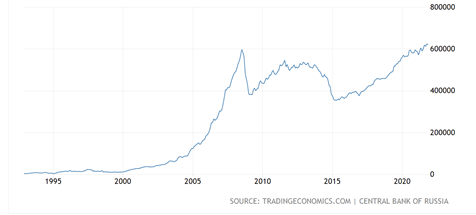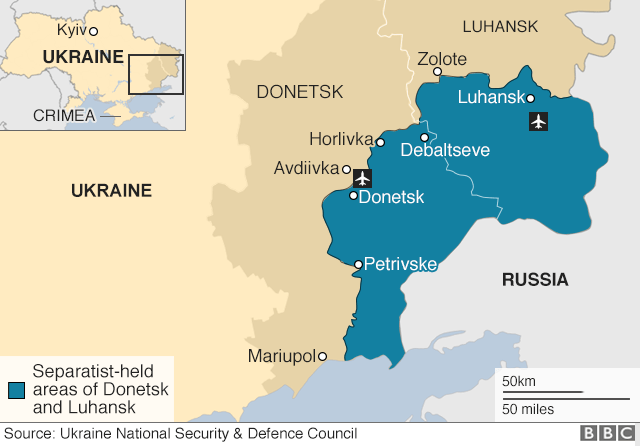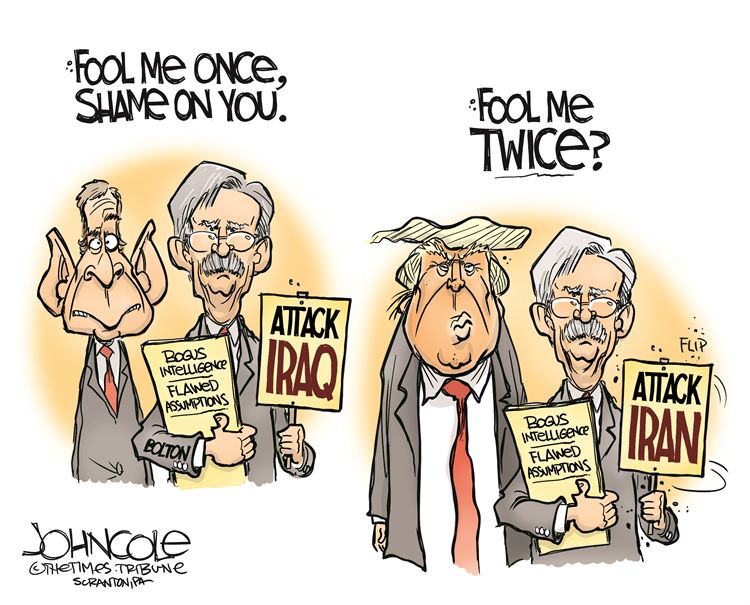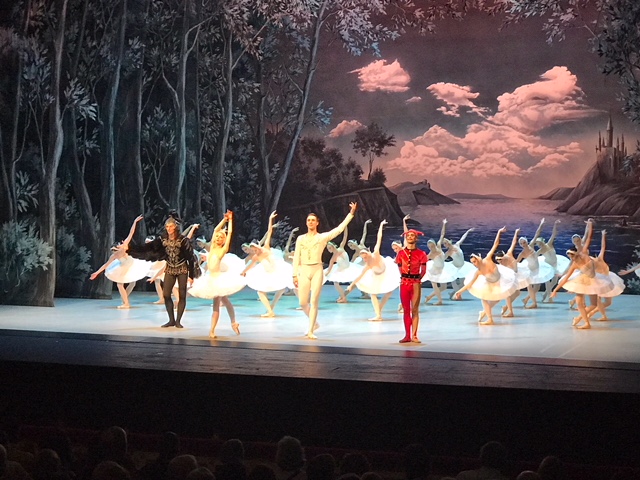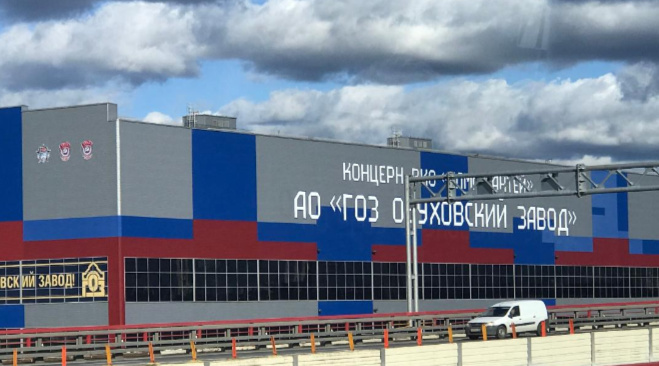The Daily Escape:
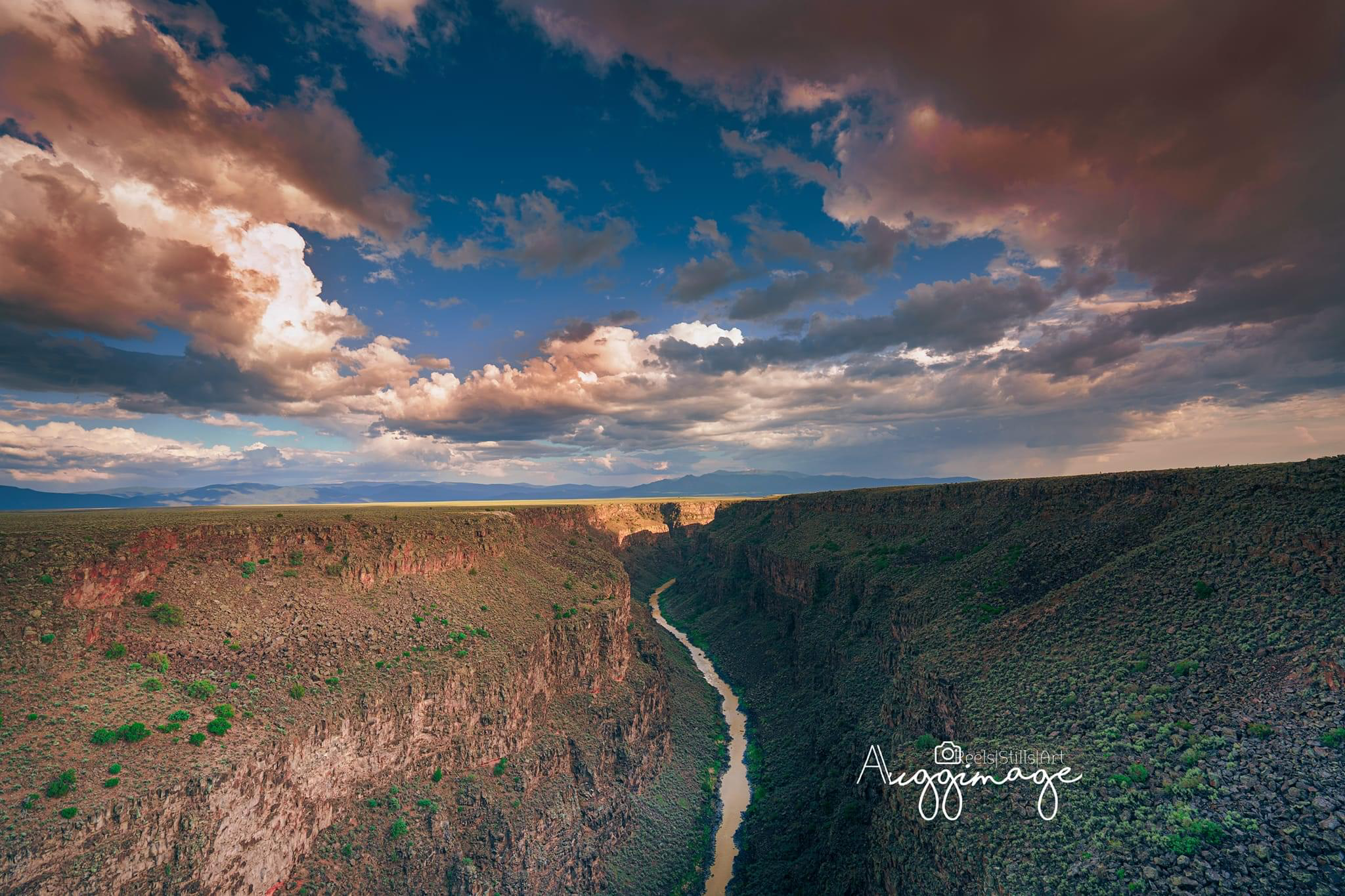
Rio Grande, near Taos, NM – February 2022 photo by Augustine Morgan
“God created war so that Americans would learn geography” ― Mark Twain
Yesterday we woke up to a new world order created by Russia’s invasion of Ukraine. Details are still sketchy, but it seems that Russia attacked from the north, east and south. Cruise missiles hit targets even in western Ukraine. The NYT provided this early map of reported Russian attacks:
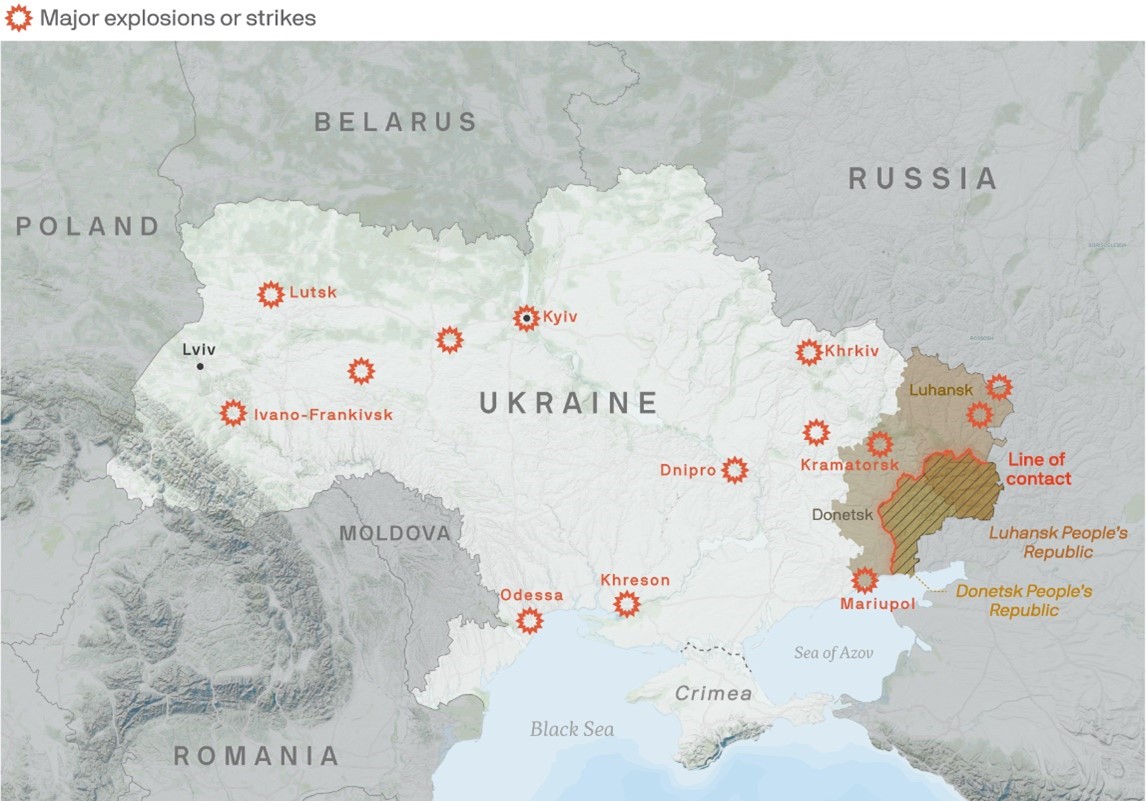
The shaded areas on the right are Donetsk and Luhansk, the Ukrainian provinces that Russia recognized a few days ago as independent republics. The smaller area inside is the area currently controlled by the Russian separatists.
This news and Putin’s kabuki play leading up to the invasion obscures the fact that we’re now seeing the revival of war as an instrument of statecraft. History shows that wars of conquest used to be common. In the 19th century, that’s what strong states did to their weak neighbors. Since the mid-20th century, wars of conquest are the exception not the rule. Russia has now brought wars of conquest back on the geopolitical stage.
Putin’s attack has the goal of regime change, plus the annexation of the breakaway provinces. While NATO and the US seem to have no real countermeasures, other than sanctions. That demonstrates another of Russia’s goals: exposing NATO’s impotence.
NATO’s late-stage impotence has many causes.
The collective defense provisions of Article 5 of the NATO Charter has held the alliance together. It provides that if a NATO ally is attacked, all members of the Alliance will consider it an armed attack against them and take action to assist the attacked ally.
For much of the Cold War, (including when Wrongo served in Europe) NATO had a standing army prepared to deter an attack by the Soviets and/or its Warsaw Pact allies. NATO also maintained significant air and naval forces to confront Soviet aggression. NATO’s forces were anchored by a massive US military presence in Europe, including hundreds of thousands of troops, tens of thousands of armored vehicles, thousands of combat aircraft, and hundreds of naval vessels.
All of this gave Article 5 teeth.
When the Cold War ended in 1990-91, this combat-ready military force was gradually dismantled. Now, if there were to be a conventional fight in Europe, the Russian military is much stronger. It would defeat any force NATO could assemble.
Today the ability to deter a potential adversary from considering military action against a NATO member is no longer a certainty. That means the notion of NATO providing European collective self-defense is questionable.
In the past, NATO planned on countering the Soviet Union’s weapons and manpower superiority with tactical nuclear weapons. But The Heritage Foundation says that we can’t do that because there’s an imbalance in our nuclear arsenals:
“While the US and Russia have a similar number of deployed strategic (i.e., high-yield) nuclear weapons as limited under New START, Russia has a 10:1 advantage over us in nonstrategic (i.e., low-yield) nuclear weapons—aka tactical or battlefield nukes.”
They report that Russia has about 2,000 nonstrategic nuclear weapons, while the US has about 200. Half of them are in the US and half are with NATO, so we have about 100 tactical nukes on the ground in Europe. You might say no one is ever going to use nukes in Europe, but on Wednesday Putin warned: (emphasis by Wrongo)
“Anyone who tries to interfere with us, or even more so, to create threats for our country and our people, must know that Russia’s response will be immediate and will lead you to such consequences as you have never before experienced in your history.”
Putin’s threat could mean anything from cyber-attacks to nuclear war. But Global Security Review reports that the current edition of Russian military doctrine says that Russia:
“…reserves the right to use nuclear weapons to respond to all weapons of mass destruction attacks…on Russia and its allies.”
That significantly lowers the threshold for the use of nuclear weapons. The idea is Russia might employ tactical nuclear weapons during a conventional conflict with NATO forces to prevent a defeat, to consolidate gains, or to freeze a conflict in place without further fighting. The last two could happen in Ukraine.
Given that the disparity between Russian and European tactical nuclear weapons is so large, Moscow probably thinks any potential NATO nuclear response to their threat of using nukes isn’t credible.
This means NATO today can no longer stave off a Russian threat in Europe without using strategic nuclear weapons, a major escalation. That would be a very unlikely scenario if Russia is taking small bites of Western territory, as in Ukraine:
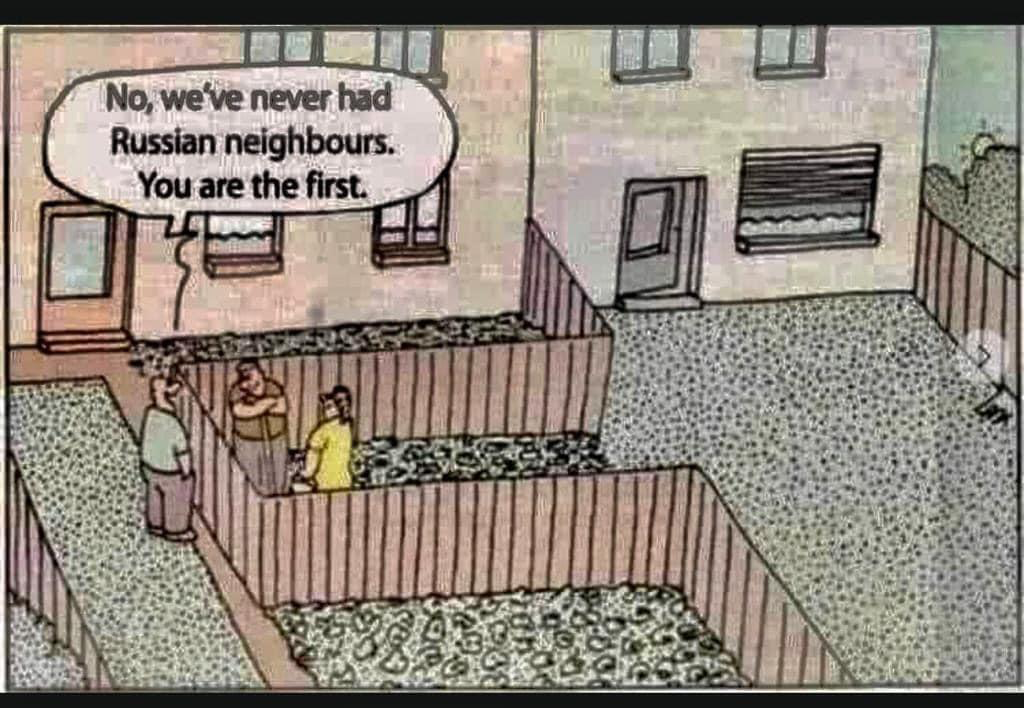
(hat tip, Monty B.)
Since World War II, the US has reserved the right to the “first use” of nuclear weapons should the need arise. But in January, several Democrats urged Biden to promulgate a “no-first-use” policy for US nuclear weapons. Eleven Senators and 44 House members signed a letter urging Biden to accept the policy. Imagine the consequences if a policy of no-first-use was in place, given what’s happening in Ukraine. Or what might happen if the fight was with a NATO member.
We’re now in a place where the West either accepts Russia’s new European order, or we gear up to make them recalculate Putin’s strategy.
If we choose to oppose the new Russian order, the US and Europe will incur costs. It will hurt our economies, since while sanctions will hurt the Russians, we’re hoping they will not hurt us as much, or more. Russian cyber-attacks may seriously hurt our infrastructure. The West will be forced to provide large levels of military and humanitarian support to a damaged and smaller Ukraine, possibly for years.
We will see increased defense spending. Our military will once again be deployed to Europe where they will serve as a tripwire against Russian aggression like they did in the Cold War.
This will require a unified NATO to work together for many years. Is that a realistic plan, given that different US presidents, like Trump, may not support the goals of this new NATO?
We’re in a different world now. This war will almost certainly be transformative for Europe and the world. The full effects of Russia’s attack on Ukraine will play out not just for years, but for decades.
Let’s close with the Beatles “Back in the USSR”:
Lyrics:
Well the Ukraine girls really knock me out,
They leave the West behind
And Moscow girls make me sing and shout
That Georgia’s always on my mind

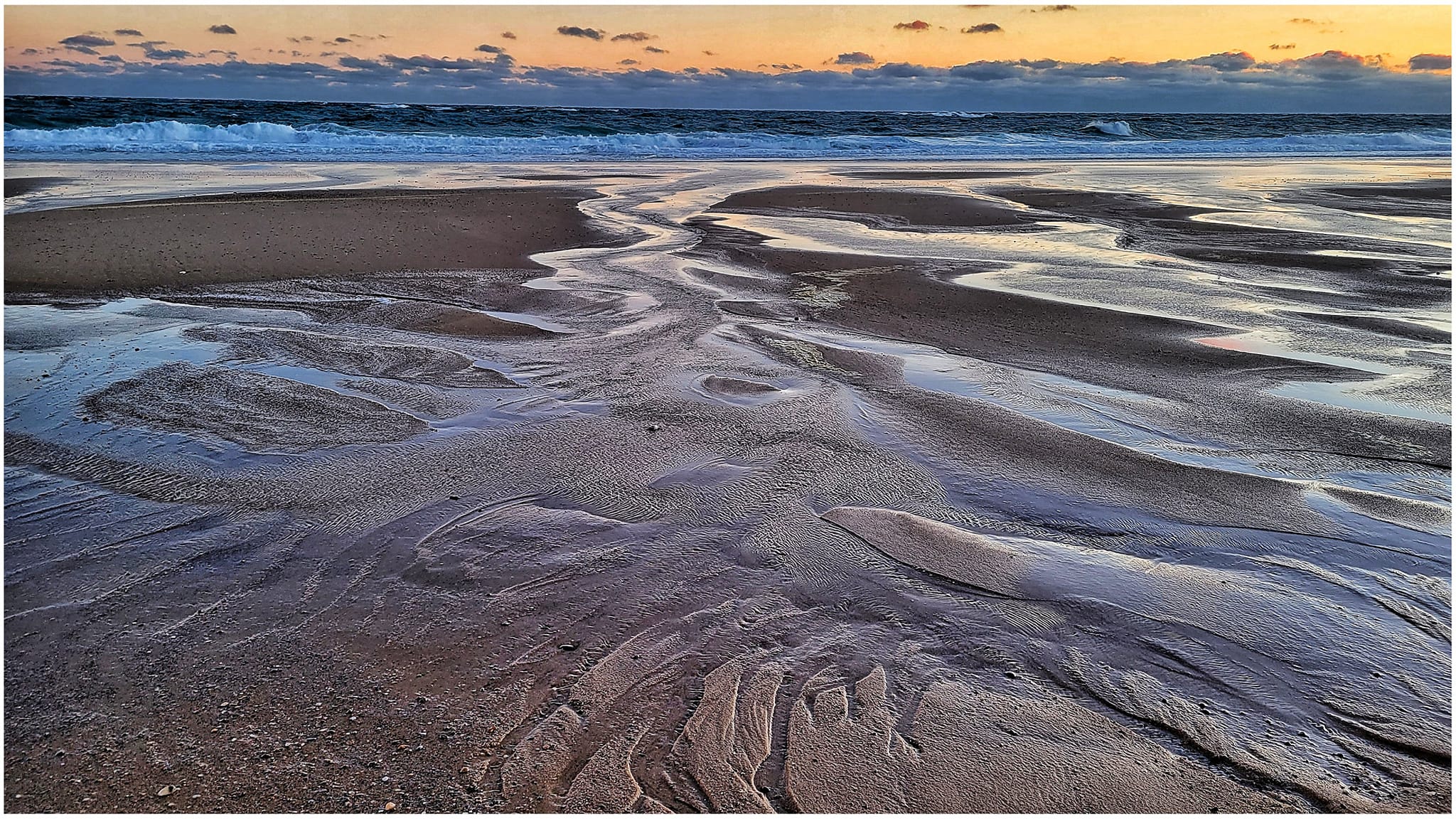
 Winter in the Palouse, near the town of Oakesdale, WA – January 2022 photo by
Winter in the Palouse, near the town of Oakesdale, WA – January 2022 photo by 

